Climate change: Corporate Australia pledges ‘net-zero’ emissions
A growing cohort of Australian companies are racing ahead of the federal government and setting their own ambitious targets. See the list.
National
Don't miss out on the headlines from National. Followed categories will be added to My News.
Portland, Victoria, is one of Australia’s smaller cities. In a Wikipedia list of our most populous urban centres, it comes in at number 100. It’s home to around 11,000 people, a big aluminium smelter, and lots of fishing and tourism businesses.
It’s cold, by Aussie standards, and not the sort of place most of us would associate with great white wines.
But that is exactly what it’s producing now, said Kerrin Petty, Global Supply Chain Director at Treasury Wine Estates.
The global wine powerhouse, owner of Penfolds, Seppelt, and many other fine labels, bought the Drumborg Vineyard north of Portland some 50 years ago, and, according to Mr Petty, “it’s probably been one of our most progressive purchases”.
“It’s one of the most southern mainland vineyards in Australia, very cold and wet, but over time we’ve seen it form its own microclimate,” he said.
“It’s performing really well, and it’s producing some of the best whites in this country.”
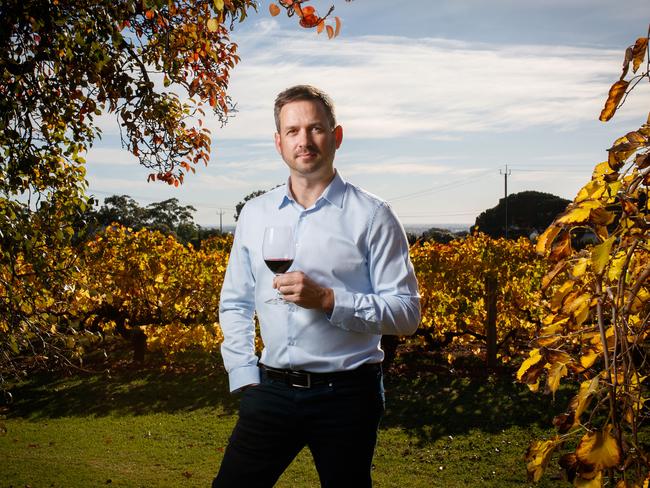
Portland is not the only calculated move Treasury has made. From California’s Napa Valley to Tasmania’s Tamar, the company is using AI to assess and predict global climatic shifts, mindful that winemaking is an industry exposed to the environmental and economic realities of climate change, and operations need to be nimble. Regions unsuitable for viticulture today could be the Hunters and Barossas of tomorrow.
It’s part of the reason why Treasury has just announced a bold plan to pursue a net zero emissions goal for 2030, joining a growing cohort of Australian companies that are racing ahead of the federal government and setting their own ambitious targets.
While some companies are buying their way to carbon neutral status, offsetting their emissions with investments in global carbon capture projects, Treasury (and others) are taking the arguably tougher road of driving down their own greenhouse gas emissions without offsets.
“We’re an agriculture business, so the impact on our business from climate change is real, and we recognise it and understand it,” Treasury’s Chief Corporate Services Officer, Kirsten Gray, said.
“We’re a relatively small emitter in the scheme of things, but we still want to do our part. And we think our stakeholders, our employees and the people who drink our wine are increasingly expecting it of us. So it comes from a lot of different angles.”
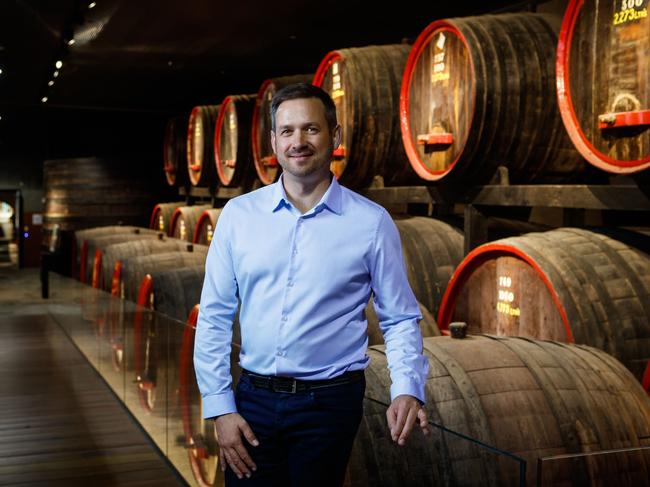
The company set 2030 as a net zero goal simply because they think it’s attainable.
“We think it’s something we can achieve, so there’s no point in making it longer,” Ms Gray said.
“A big chunk of [reducing our emissions] is electricity, and we’re working on that to quite an accelerated time frame, again because we think we can get there.”
Time is of the essence. Mr Petty points to the escalating incidence of extreme weather events – California wildfires, the Black Summer bushfires, unseasonal snap frosts – as evidence of an industry that needs to be on the front foot.
Other industries are fighting shifts in consumer sentiment that have their roots in climate change, nowhere more apparent than in Australia’s meat and livestock sector. Fuelled by everything from innocuous initiatives like Meat Free Monday, to bloody protests outside butchers, the conversation around meat – red meat in particular – has galloped away quickly, leaving farmers to play catch-up.
Last November Meat and Livestock Australia (MLA) adopted a net zero by 2030 target, putting them ahead of the National Farmers Federation, which opted for 2050.
Asked how the sector arrived at its 2030 goal, MLA Managing Director Jason Strong said “certainly there was opposition, but we shouldn’t feel special about that; there’s opposition to most things that are new”. Showing how emissions reductions can lead to other benefits was key, he said.
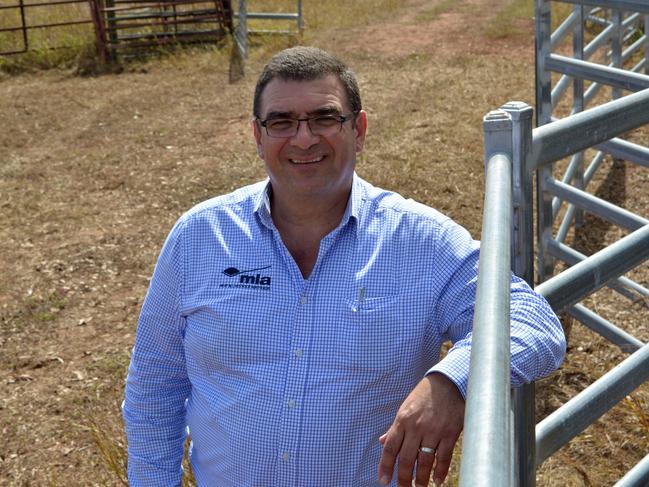
“Carbon neutral is great but it’s only going to be beneficial if we also have increasing productivity and profitability, and we have inter generational sustainability. We’ve got to have businesses that we want to hand on to the next generation. Any one of those things without the others is not of real use to us,” he said.
The MLA is not planning to purchase offsets to get to net zero, Mr Strong said.
“Offsets is obviously an opportunity, but we’re exploring all the other options. One of the big opportunities for us is carbon or soil sequestration, where you have highly productive pastures that sequester carbon, and there are other benefits from that as well; increased carbon in the soil increases its water holding capacity, and helps it to be more productive.”
The MLA net zero goal is about “self preservation,” said economist and Climate Council member Nicki Hutley.
“It’s in the interest of the industry because they could be penalised financially through risk, and by consumers,” she said.
The shift among Australian businesses and organisations toward ambitious targets was coming from multiple push-points, Ms Hutley said.
“The most important driver is actually the consumer base. Investors are also demanding more accountability. But [companies] understand increasingly the risk to their own business of not acting on climate change, and the potential damage that can do.”
Ms Hutley said the distinction between a business going carbon neutral and one driving its own emissions down to net zero could be confusing for many consumers. Carbon neutral status in Australia is certified by Climate Active (a division of the Department of Industry, Science, Energy and Resources) but the fact emissions-intensive companies in the gas or aviation industries have achieved certification could lead some to wonder what it really means.
There are other elements of the certification process that raise eyebrows among critics, including the fact that offset projects can be anywhere in the world, and not all years of an organisation’s certification are audited. A spokesperson for Climate Active confirmed to News Corp this week only 5 per cent of approved offset projects are in Australia, and of the 189 organisations that have achieved certification since 2010, none have lost that status via an audit.
“The thing with certification is that it’s around offsetting your emissions,” Ms Hutley said. “So it’s not necessarily about reducing your own emissions, which in my book is far more important. If every single country in the world tried to offset its emissions purely by investing in tree planting, there just wouldn’t be enough offsets to do it, so we need to see people or firms acting to reduce their emissions, not just offset them, and I think things like Climate Active can be a little misleading perhaps. Yes, it’s great the companies are carbon neutral, but how they get to that carbon neutral position is really important as well.”
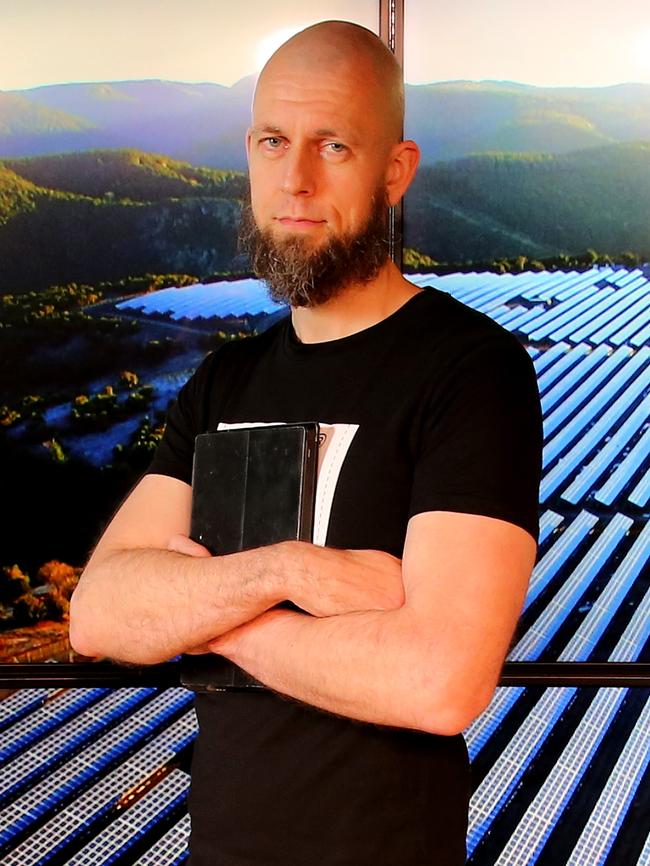
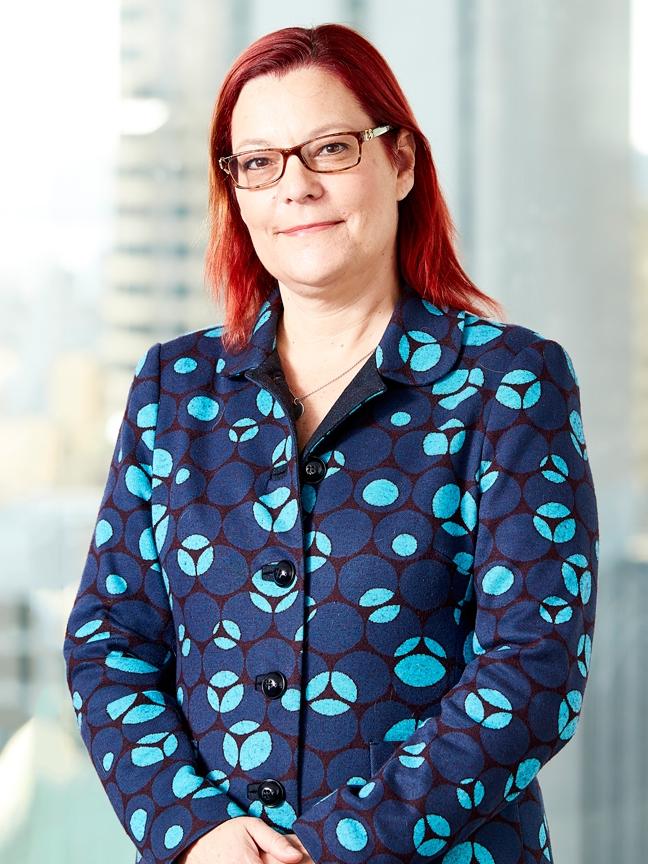
“But there’s that saying: don’t let the perfect be the enemy of the good,” Ms Hutley said. “What we want to see is lots of companies doing something, even if it isn’t perfect, rather than just have a couple of companies doing everything 100 per cent perfect.”
Telstra is one of the big Australian companies to achieve carbon neutral certification, but speaking at a recent Australia Institute forum on the push for net zero, the company’s head of energy Ben Burge said carbon neutrality “is much more than a compliance tick. It’s now a market function for us”.
With the telco itself set to move into energy retailing, Mr Burge said Telstra’s “transition to renewables was a no-brainer”.
While many a business has wrapped itself in environmentally-friendly promises over the years, Mr Burge said the “days are numbered for greenwashing”.
“The starting point is to recognise that the public is not stupid, and shareholders are getting into quite deep inspection of (environmental) claims,” he said.
“We’ve got a vested interest in solving the problem, not just getting credit for making claims.”





